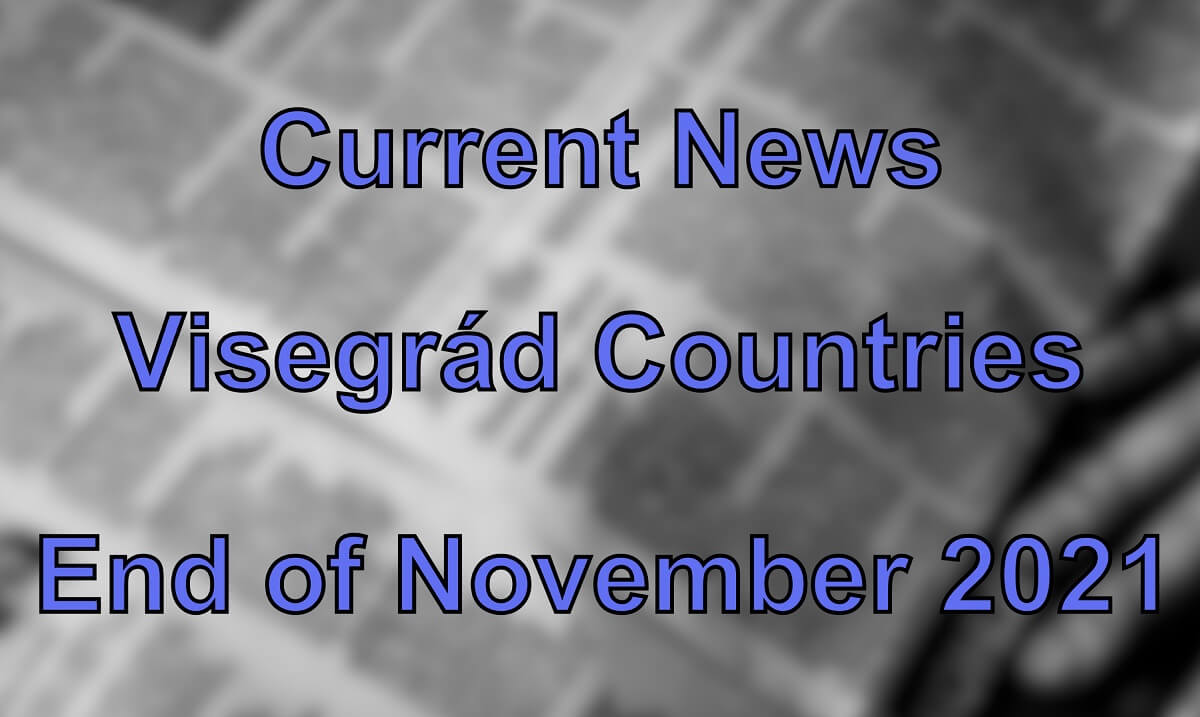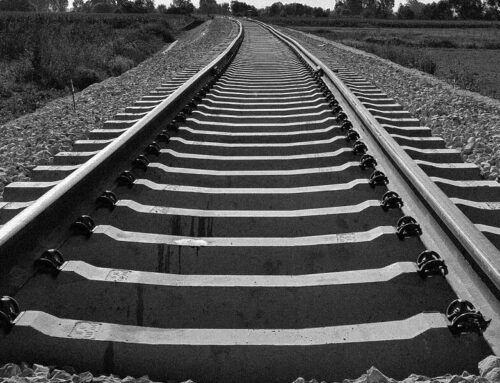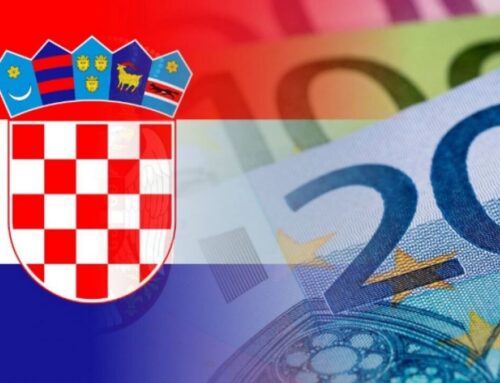The President of Hungary János Áder met with the Presidents of Poland (Andrzej Duda) and Hungary (Zuzana Čaputová) in Budapest
29 November. Hungary to discuss the future plans of Visegrád Group (V4). The Czech President Miloš Zeman attended the meeting online. The Presidents discussed the upcoming regional security challenges. They put a special emphasis on a migration crisis on the EU-Belarus border which occurred due to the influx of immigrants, primarily from the Middle East, who aimed at entering the European Union via Belarusian check points. In the adopted joint statement, the Presidents condemned the actions of Belarus government during the crisis and claimed that Belarus government bore a responsibility for immigrants that that were brought to Belarus.
State leaders agreed to provide all necessary assistance to Poland, Lithuania and Latvia which would help to protect the EU and NATO external borders.
Source: https://v4.mfa.gov.hu/news/v4-presidents-meet-in-budapest-and-adopt-joint-statement; https://v4.mfa.gov.hu/asset/view/145398/Joint%20Statement%20of%20V4%20Presidents.pdf
Poland have passed new regulations regarding borders
30 November. Lawmakers in Poland have passed new regulations that allow the Polish government to declare areas along the country’s borders closed to everyone except residents and people who live, work or study in certain closed areas. The previously introduced state of emergency, related to the crisis on the Polish-Belarusian border, expires on December 2nd, and the new regulations will have to replace it.
The Polish government claimed that less people alongside the border would allow the guards to perform their jobs better. The Ministry of Interior of Poland added that the access ban would facilitate the construction of a 5.5-meter (18-foot-tall) barrier on the border with Belarus. Nevertheless, some lawyers are afraid that these measures would be anti-democratic as they let the Ministry of Interior act without the parliament approval.
Hungarian president János Áder gave a speech at the Planet Budapest
1 December. Hungarian president János Áder gave a speech at the Planet Budapest 2021 Sustainability expo – sustainable event of Visegrád Group states the goal of which is to raise awareness of the negative environmental, social and economic practices and show that they could be reversed.
The president stated that the motto “think globally, act locally” was already out of date. States must not only think globally but also take actions globally which is essential for the sustainable development. This year the event brought together people from 120 countries. Mr Áder noted that the products related to sustainable food production, water management, energy supply, transport, urban development and waste management were presented by 183 companies from Hungary, Poland, Czech Republic and Slovakia.
Sources: https://planetbudapest.hu/en ; https://abouthungary.hu/news-in-brief/president-ader-calls-for-climate-action-globally-as-well-as-locally
Spreading false information can become a crime in Slovakia
2 December. Spreading false information can become a crime in Slovakia, and people that are accused of committing this crime could be sentenced to up to 10 years of imprisonment. As a part of the amendment to the Criminal Code, this proposal was suggested by the Justice Minister Mária Kolíková. If the cabinet and the parliament pass the document, it should come into effect in June 2022.
The problem of hoaxes became especially acute during the Сovid-19 pandemic as lots of people spread fakes via the social networks. For instance, Slovakian politician Ľuboš Blaha published a video in which he wanted to debunk the “10 main hoaxes about vaccination.” However, he referenced the wrong statements, and his party supported this disinformation. As a result, the video was revealed on Facebook and YouTube where it spread very quickly and was revealed to the millions of people.
Source: https://spectator.sme.sk/c/22795409/spreading-hoaxes-can-become-a-crime.html
The leaders of Poland, Ukraine and Lithuania called for a new pack of harsher sanctions against Russia
3 December. The leaders of Poland (Andrzej Duda), Ukraine (Volodymyr Zelensky) and Lithuania (Gitanas Nausėda) called for a new pack of harsher sanctions against the Russian Federation because of the increased tensions between the RF and Ukraine. The presidents of Poland, Ukraine and Lithuania timed a joint statement to the 30th anniversary of Ukraine’s independence recognition by Poland and Lithuania. In addition to urging the sanctions, Andrzej Duda, Volodymyr Zelensky and Gitanas Nausėda addressed Kremlin with a demand to “to deescalate the situation by withdrawing its troops from the Ukrainian borders and temporarily occupied territories.” Moreover, the leaders expressed their solidarity and “reaffirmed their commitment to the sovereignty, independence, and territorial integrity of Ukraine within its internationally recognized borders, extending to its territorial waters.” According to the Office of the Polish President, Mr. Duda, Mr. Zelensky and Mr. Nausėda expressed their solidarity against hybrid attacks by the Belarusian regime and Moscow. The leaders also talked about ways to counter these attacks.




